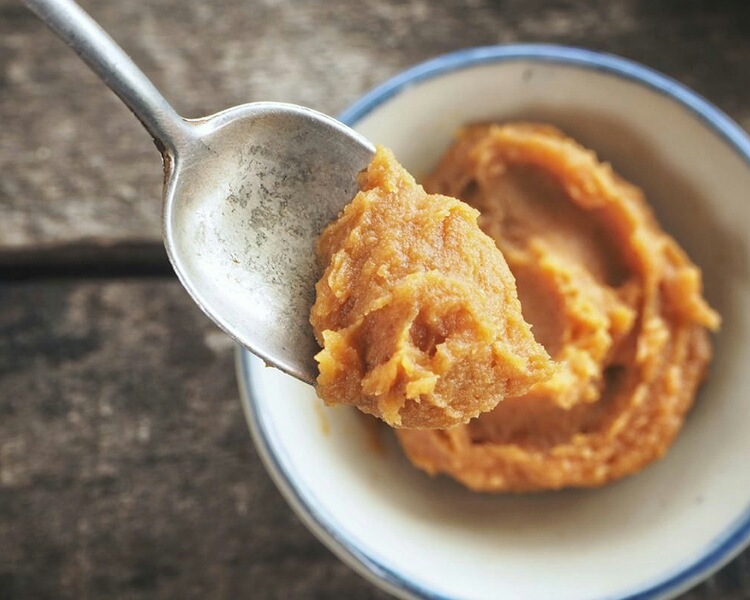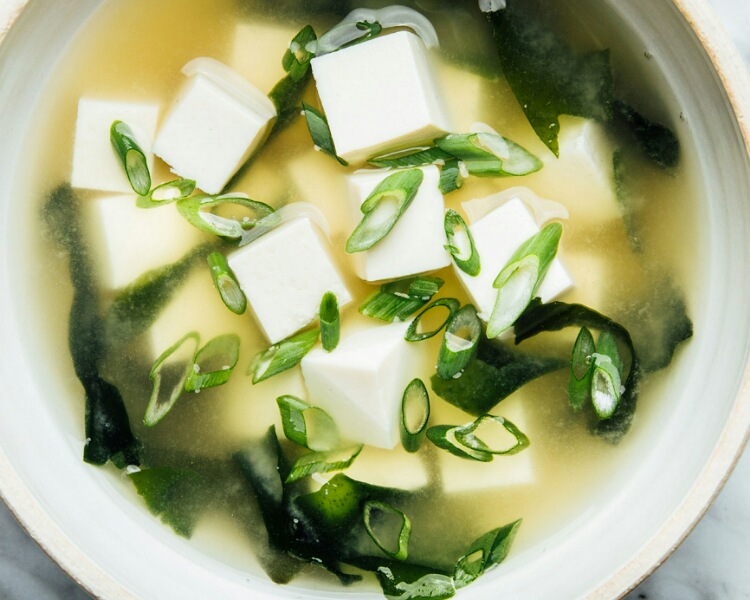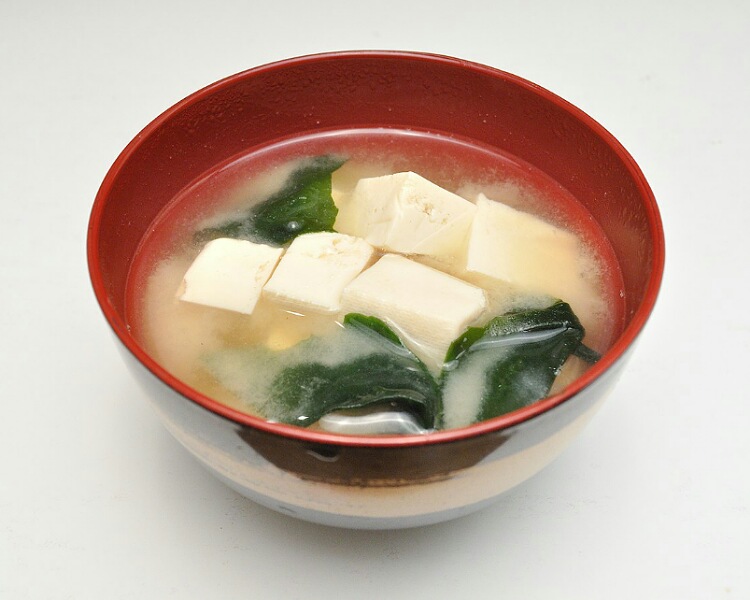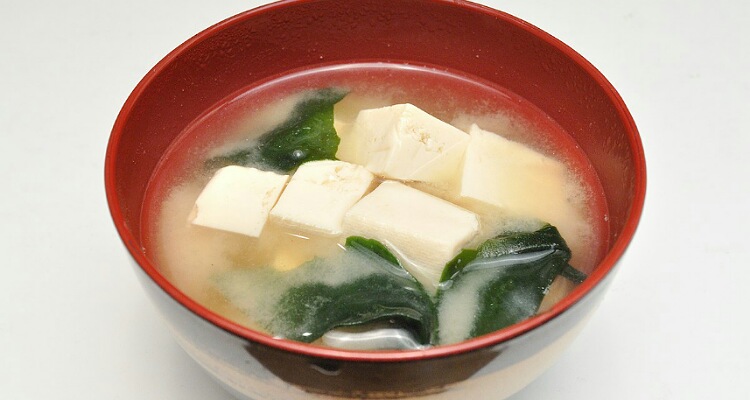Miso soup is a famous and traditional Japanese soup in which there is dashi stock and miso paste.
There are different regional and seasonal versions of this soup. What are its main ingredients? How healthy is this soup? What are its health benefits?
Miso paste and miso soup
Miso soup is a traditional Japanese soup. It has a dashi stock base. In this, one uses miso paste or sauce. This paste is a typical seasoning popular in Japan.
It has fermented soybeans with salt and the fungus Aspergillus oryzae. This might also contain other ingredients such as rice and/or barley. It can be white, red, or mixed.
White paste has fermentation but for a shorter period. While the red paste has a prolonged duration of fermentation process on it. The former is lighter and sweeter in flavor. While the latter has a deeper and stronger flavor.

The miso soup has additional veggies in it and also tofu. At times, seaweeds and potatoes are also added. These ingredients vary according to the region and season of the year.
More than four-fifths of the miso paste produced goes into the making of miso soup. And at least 75% of the people in Japan consume this soup daily.
Nutritional value
One should add the miso sauce to the soup only after the vegetables are cooked and the vessel is out of the heat. This is to preserve its nutrients, flavor, and beneficial bacteria.
According to USDA, 100 grams of the paste has 199 calories, 12 grams of proteins, 26 grams of carbs, and 6 grams of sugar.
Fats are 6 grams with 1.1 grams of saturated fats. Cholesterol is zero. Sodium is high at 3728 mg and potassium is at 210 mg. Additionally, it has vitamin B6, cobalamin, calcium, iron, and magnesium.

1 cup of the soup has 59 calories, with 5.8 grams of protein and 3.5 grams of carbs (1.2 grams of sugars). Fats form 3 grams and saturated fats 0.5 grams.
Trans fat and cholesterol are zero and 0.1 grams respectively. Sodium is 1071 mg while potassium is 95 mg. It has some vitamins A and C with calcium and iron. Also, the soup has manganese, copper, and zinc.
Health benefits and ill-effects
The soup is enriched with useful vitamins, minerals, protein, and gut-friendly probiotics. It is good for digestion. It has a lot of probiotics, A.oryzae that can prevent inflammatory bowel disease. The soup improves digestion and reduces tummy aches.
The soup promotes heart health. There is some preliminary research that has shown that isoflavones of soybeans in the paste and soup reduce the chances of heart diseases.
Another study has shown that when the levels of this substance were higher in Japanese women, their risk of heart disease and stroke was less.

Furthermore, there is a study that soybean consumption led to reduced chances of stomach cancer. Additionally, this soup has been found to lower the risk of hepatocellular cancer. It relieves menopausal symptoms. It improves arterial health.
But though the soup has low calories and low fat, it has high levels of salt and sodium. This is bad for patients with high blood pressure.
This adversely affects the heart and can elevate the risk of stroke. One can make the soup healthy by decreasing the amount of salt in it and instead adding more veggies and seaweeds.
Read more: What is a cabbage soup diet? Pros, cons, and expert advice!
The soup has a lot of goitrogens from soybeans. These can affect thyroid function. But in moderation, this side effect is not encountered.
